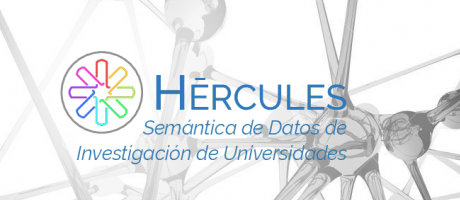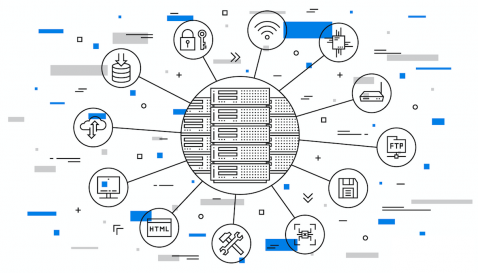7 posts found
The importance of licences in the digital environment: an approach accessible to all
In an increasingly digitised world, the creation, use and distribution of software and data have become essential activities for individuals, businesses and government organisations. However, behind these everyday practices lies a crucial aspect: licensingof both software and data.
Understanding wha…
Hot OSM: Collaborative mapping to coordinate emergency response
The humanitarian crisis following the earthquake in Haiti in 2010 was the starting point for a voluntary initiative to create maps to identify the level of damage and vulnerability by areas, and thus to coordinate emergency teams. Since then, the collaborative mapping project known as Hot OSM (OpenS…
Formulas for accelerating data collaboration
After a period in which efforts were focused on releasing data, mainly from the public sector, in conditions in which it could be reused to create value in its different forms (economic, social, cultural, etc.), we are finding increasing activity around collaboration between organizations to solve b…
Hercules-ASIO Initiative. Integration, publication and consultation of linked open research data.
The Hercules initiative was launched in November 2017, through an agreement between the University of Murcia and the Ministry of Economy, Industry and Competitiveness, with the aim of developing a Research Management System (RMS) based on semantic open data that offers a global view of the research…
Creative Commons licenses and general conditions for the reuse of public sector information in Spain
In the more traditional conception of the right of access and transparency of public sector entities, obtaining information requires, in advance, the processing of an administrative procedure that ends with the corresponding resolution by which the requested information is granted or denied. However…
Pubby and LODI, opening linked data to humans
An important part of the data which is published on the Semantic Web, where resources are identified by URIs, is stored within triple store databases. This data can only be accessed through SPARQL queries via a SPARQL endpoint.
Moreover, the URIs used, usually designed in a pattern, in most of the d…
The ecosystem that nourishes open data
On too many occasions, open data initiatives are born in governments as purely technical projects whose purpose is simply creating a data catalog, when, in reality, they should be seen as collaborative transformation projects that take place within complex and variable environments, in which th…






